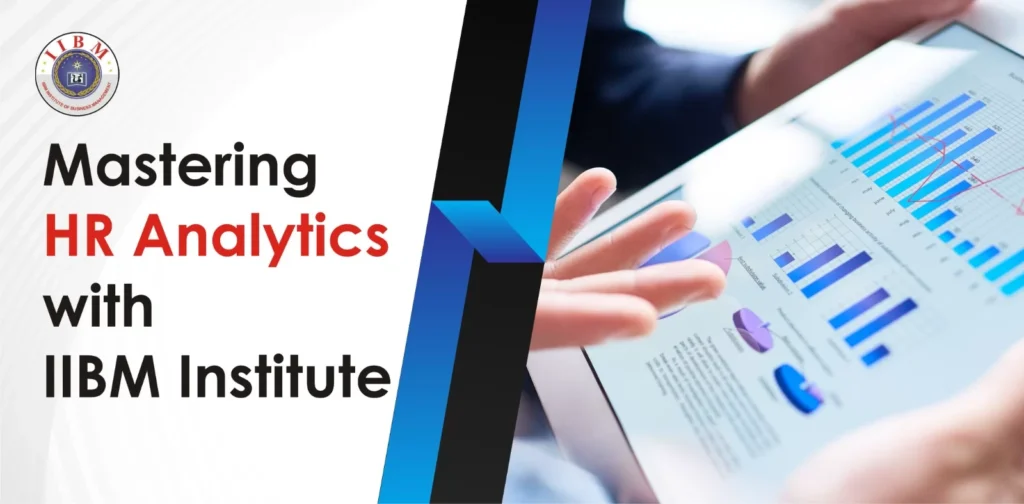
Leveraging Data for Decision-Making
Understanding HR Analytics
HR Analytics involves the use of data analysis tools and techniques to make informed decisions about managing an organization’s workforce. It goes beyond traditional HR processes, leveraging data to understand patterns, trends, and correlations.
Key Components of HR Analytics
Data Collection
Effective HR Analytics begins with robust data collection. This involves gathering relevant information about employees, including performance metrics, engagement levels, and feedback.
Data Analysis Tools
Utilizing advanced data analysis tools is crucial for extracting meaningful insights. HR professionals need to be adept at using tools that facilitate data interpretation and visualization.
Interpretation of Results
Interpreting the results of data analysis is a critical skill. HR practitioners must understand the implications of the data and translate them into actionable strategies.
Benefits of HR Analytics
Improved Recruitment Processes
HR Analytics streamlines the recruitment process by identifying the most effective hiring strategies. It helps in predicting candidate success and improving the overall quality of hires.
Enhanced Employee Performance
By analyzing performance metrics, organizations can identify factors contributing to employee success. This insight enables targeted interventions to enhance employee performance.
Informed Decision-Making
HR Analytics provides a data-driven foundation for decision-making. It ensures that HR strategies align with organizational objectives, contributing to overall success.
IIBM Institute’s Approach to HR Analytics
Integrating Analytics into the Curriculum
Recognizing the importance of HR Analytics, IIBM Institute integrates relevant courses into its curriculum. This ensures that students are well-equipped with the skills needed in the modern workforce.
Industry-Relevant Case Studies
IIBM Institute goes beyond theoretical knowledge, incorporating real-world case studies into its programs. This approach prepares students to apply HR Analytics in practical scenarios.
Conclusion
Mastering HR Analytics is no longer a choice but a necessity for organizations aiming for sustained success. The integration of data-driven decision-making, as emphasized by IIBM Institute, ensures that HR professionals are well-prepared for the challenges of the modern business landscape.




